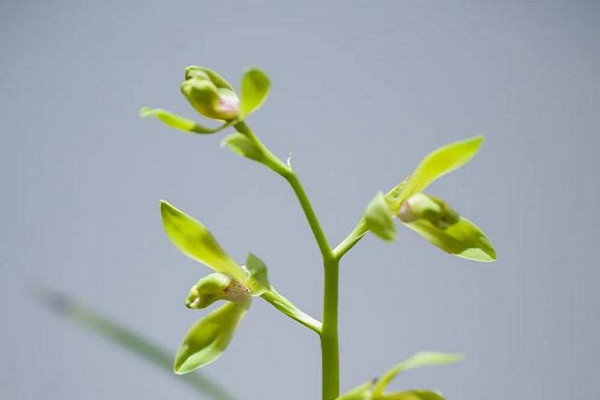Shanghai is trying to consolidate its status as a global hot spot by allowing visitors arriving by passenger liners to spend three days in the city without a visa.
Pending approval from the central government, the city plans to extend the visa-free policy at its two airports to the cruise terminals, and set up duty-free stores and tax-refund outlets there, the Shanghai Municipal Tourism Administration said on Tuesday.
The policy, first raised in a proposal by Shanghai Deputy Mayor Zhao Wen to the national political meetings in March, will hopefully be in place within the year, the administration added.
Since Jan 1, air travelers from 45 countries, including the United States, France, Japan and Australia, have been permitted a 72-hour visa-free stay inside the "administrative area" of Shanghai, a move that has boosted tourism and consumption.
Tourists holding third-country visas and plane tickets are allowed to apply for visa-free transit at the city's Hong-qiao and Pudong airports. Before this, Shanghai had been carrying out a program for years to allow visitors arriving from 32 countries by air a 48-hour visa-free stay.
"Early research and studies for a feasibility policy are much more important than remedies for problems exposed afterwards," Chen Ping, an official in charge of inbound and outbound tourism at the administration, said on Tuesday.
"The institutional barrier is not a major problem. More of the concerns are about potential problems along with the new policy," he added.
Consequently, the city's tourism administration is seeking approval from national customs and finance authorities.
As for how, or to what degree, the new program will benefit the tourism sector, Chen said it is hard to estimate because unlike business travelers taking airplanes, tourists arriving in liners set their itineraries far in advance.
But the policy corresponds to Shanghai's plan to develop its tourism and cruise industry, Chen said.
"Shanghai will become more and more open. It is making breakthroughs, and new programs and policies are coming up," he added.
Developing the cruise industry - which has changed from the days of transoceanic transportation and tropical vacations only available to society's elite - has become an important strategy for seaside cities like Shanghai, Tianjin and Sanya to boost tourism.
The National Tourism Administration in September approved Shanghai as the first experimental zone for the development of China's cruise industry.
The number of passengers at Shanghai's cruise terminals has surged this year, thanks to the city's policy support and public interest in a vacation option now affordable for ordinary people.
In March alone, the number of passengers at Shanghai's Wusong and Beiwaitan ports rose 60 percent year-on-year to about 90,000.
On Tuesday, industry insiders said the visa-free program will cement its burgeoning reputation as a global tourist hotspot and help it compete in attracting overseas visitors.
"We have been calling for the policy since the beginning of this year," said Zhang Fubao, general manager of Shanghai Port International Cruise Terminal.
He said there are tens of thousands of overseas tourists on cruises passing Shanghai to a third country, but once the policy is approved, the number of tourists will be much larger.
Gu Xiaoming, professor of the tourism department at Shanghai's Fudan University, said the policy can put Shanghai in a better position to compete with Tianjin and Hainan province as a cruise homeport.
Jiang Wenjun, in charge of receiving inbound tourists from Europe and North America at China International Travel Service in Shanghai, said about 10 percent of inbound tourists at his company travel to China by cruise every year.
That proportion has remained stagnant for years, and part of the reason lies in the lack of confidence in the travel market in China, he said.
Danae Wheeler, a student from New Zealand, said on Tuesday that more travelers will be interested in selecting Shanghai as a destination if such a policy can be put in place.
"Shanghai already is one of the world's most fascinating cities to be in," Wheeler said.


